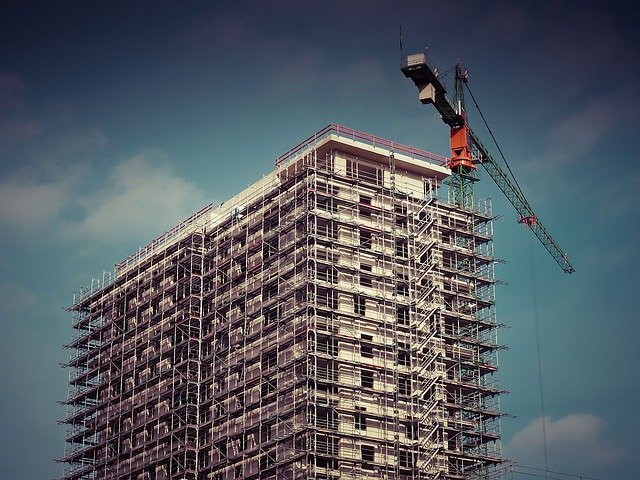The conversation took place in a Reddit.com chatroom, one of those lonely Internet outposts where frank talk is welcome. And a newcomer to property management raised this seemingly benign question for the good of the order: Any tips?
It was as if alarm bells sounded, because he was immediately informed he should not trust anyone. Not tenants. Not contractors. The former are a topic for another time, but the latter are worthy of further examination, seeing as the Reddit-ites were so adamant about the matter. About how it was necessary to inspect their repairs personally, or get photographic evidence of same, if it so happened you weren’t on site at the time. About how plumbers or HVAC types were not to be trusted if they suggested repair of certain equipment, as opposed to replacing it.
Suffice it to say, then, that careful steps must be taken to find a good contractor, because the headaches only multiply if you whiff in your search.
First Things First
Understand up front that the search is complicated by the fact that some of the best contractors are difficult to find because they have all the business they can handle. They don’t need to advertise, and because they are often booked solid, it might take them weeks to get to your job. So know all that right away.
One other thing to keep in mind is that you must avoid single-family contractors. While they might be skilled, they might not be well-versed in the vagaries of the multifamily space, one example being that they might use materials (e.g., granite countertops) that aren’t cost-effective — and it might take an extended period of time to recoup that expense courtesy of a rent increase.
Do Your Homework
Word-of-mouth referrals are still better than any other, so hitting up your friends and contacts is an important first step; it is also worth reaching out to the apartment board in your city to see who their go-to contractors might be. In addition, you can winnow down the field by going online and checking out Yelp reviews and customer comments.
Do Some More Homework
You can narrow your list further by paying attention to red flags, like whether a contractor might ask that full price be paid up front, or that everything be paid in cash. By this point, you have (hopefully) whittled things down to a precious few — three or four, ideally.
You will want to check references, a step that is (surprisingly) skipped more often than might be expected. From there, it is important to sit down and interview the remaining candidates. Find out how experienced their staff is, and whether they have the necessary permits and certifications. Discuss the specifics of the project. Make clear how crucial it is that the lines of communication are open, in the (inevitable) event there are revisions. At the same time, make it clear that you will be open to their input.
Spell Things Out
As the Reddit folks pointed out, it’s important to get everything in writing — the project’s start and end dates and payment schedule, the materials and permits that will be needed, etc.
It’s a process, to be sure. But it’s a necessary one. Theresa Bradley-Banta, CEO and founder of her eponymous real estate consultancy, had it right when she quoted the late oil-well firefighter Red Adair in a blog post: “If you think it’s expensive to hire a professional to do the job, wait until you hire an amateur.”





